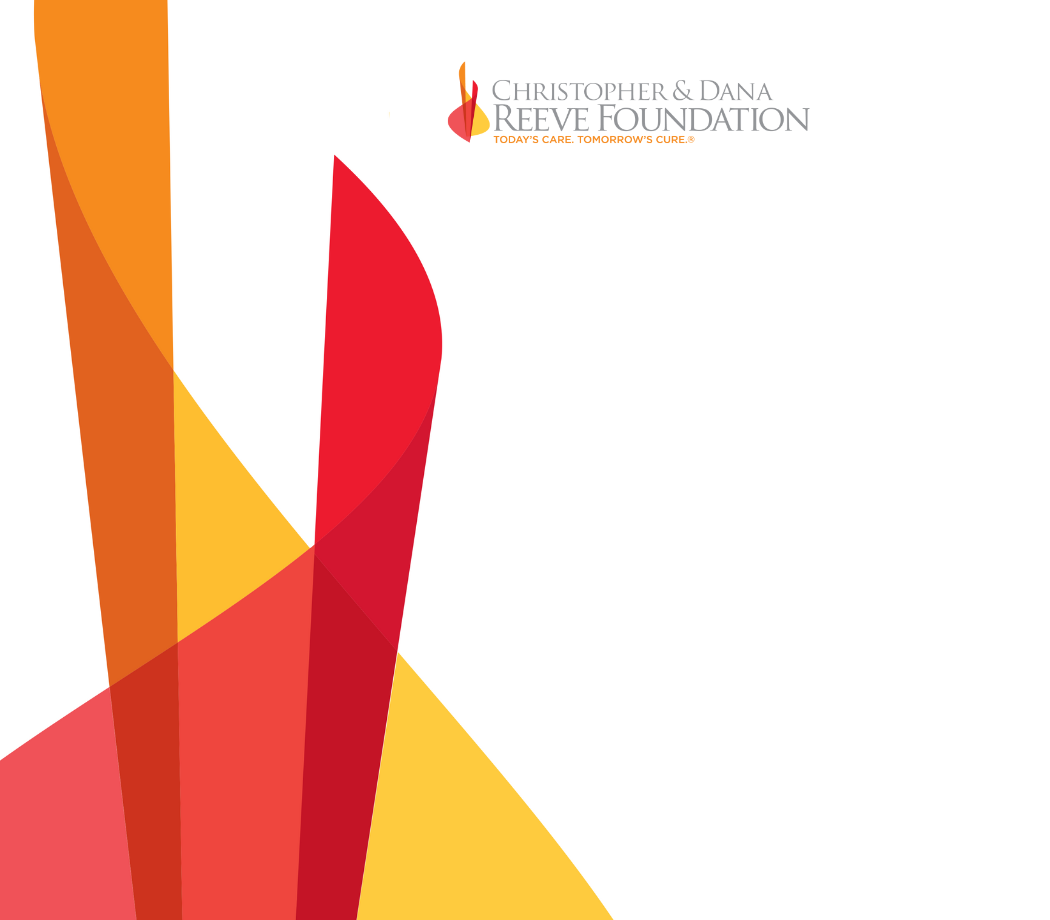Neurofibromatosis
Neurofibromatosis (NF) is a genetic, progressive and unpredictable disorder of the nervous system which causes tumors to form on the nerves anywhere in the body, at any time.
Although most NF-related tumors are not cancerous, they may cause problems by compressing the spinal cord and surrounding nerves, potentially resulting in paralysis. The most common tumors are neurofibromas, which develop in the tissue surrounding peripheral nerves.
There are three types of neurofibromatosis:
- Type 1 causes skin changes and deformed bones, can affect the spinal cord and brain, often contributes to learning disabilities, and usually starts at birth.
- Type 2 causes hearing loss, ringing in the ears, and poor balance. Type 2 often starts in the teen years.
- Schwannomatosis, the rarest form, causes intense pain.
There is no known cure for any form of NF, although the genes for both Type 1 and Type 2 have been identified.
Resources
If you are looking for more information on neurofibromatosis or have a specific question, our Information Specialists are available business weekdays, Monday through Friday, toll-free at 800-539-7309 from 9:00 am to 8:00 pm ET.
We encourage you to reach out to neurofibromatosis support groups and organizations, including:
- Neurofibromatosis Network advocates for NF research, disseminates medical and scientific information about NF, offers a national referral database for clinical care, and promotes awareness of NF.
- Children’s Tumor Foundation supports research and the development of treatments for neurofibromatosis, provides information, and helps in the development of clinical centers, best practices, and patient support mechanisms.
- Neurofibromatosis Inc. California offers medical symposiums, family support and patient advocacy, and supports NF research.

